The Supreme Court heard oral arguments on President Donald Trump's tariffs on Wednesday, and the outcome appears to be uncertain. However, the justices' questioning suggested that at least two of the Court's Republican justices, Neil Gorsuch and Amy Coney Barrett, may join the three Democratic justices in striking down the tariffs. This would leave Chief Justice John Roberts as the deciding vote, potentially blocking Trump's tariffs.
During the oral arguments, Gorsuch and Barrett expressed concerns about the administration's authority to impose tariffs under Section 232 of the Trade Expansion Act of 1962. Gorsuch questioned the administration's ability to unilaterally impose tariffs without congressional approval, while Barrett expressed concerns about the potential impact on American businesses and consumers. The three Democratic justices, Stephen Breyer, Sonia Sotomayor, and Elena Kagan, also pressed the administration's lawyers on the issue.
The tariffs in question were imposed by Trump in 2020 under Section 232, which allows the president to impose tariffs on national security grounds. The tariffs have been the subject of several lawsuits, with several states and businesses challenging their legality. The Supreme Court's decision on the tariffs could have significant implications for Trump's trade policy and the administration's ability to impose tariffs without congressional approval.
The administration has argued that the tariffs are necessary to protect national security and that the president has the authority to impose them under Section 232. However, critics argue that the tariffs are simply a protectionist measure designed to benefit American industries at the expense of foreign competitors.
In a statement, Trump's press secretary said, "The president believes that the tariffs are necessary to protect American jobs and industries, and he is confident that the Supreme Court will uphold their legality." However, the justices' questioning during the oral arguments suggests that the outcome may be more uncertain.
The Supreme Court's decision on the tariffs is expected to be issued in the coming months. If the justices strike down the tariffs, it could have significant implications for Trump's trade policy and the administration's ability to impose tariffs without congressional approval. However, if the justices uphold the tariffs, it could embolden the administration to impose further tariffs on foreign goods.
The case has been closely watched by trade experts and lawmakers, who are eager to see how the Supreme Court will rule. The decision could have significant implications for the global economy and American businesses, and it is likely to be closely followed by policymakers and industry leaders.
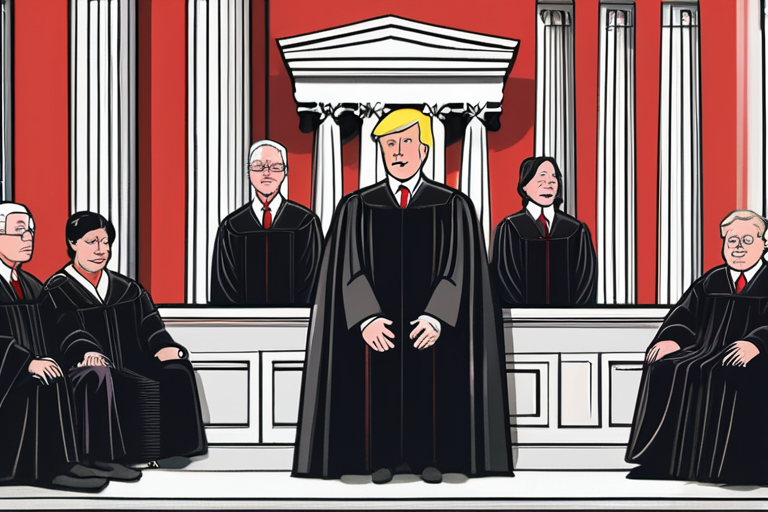






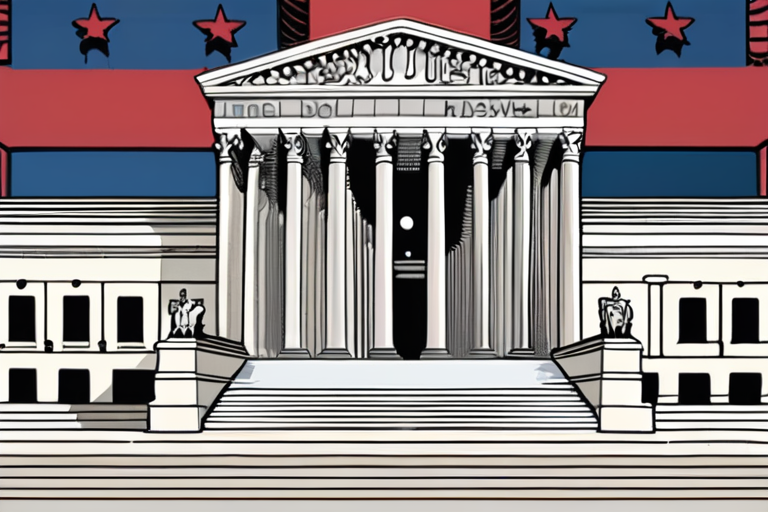
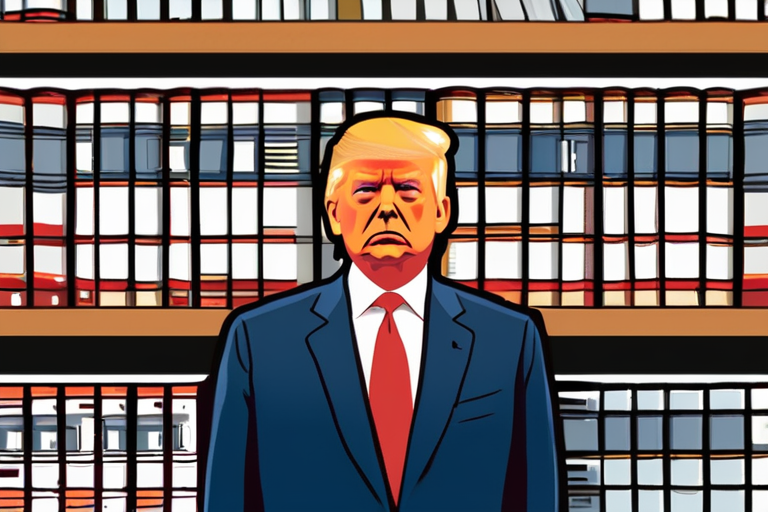



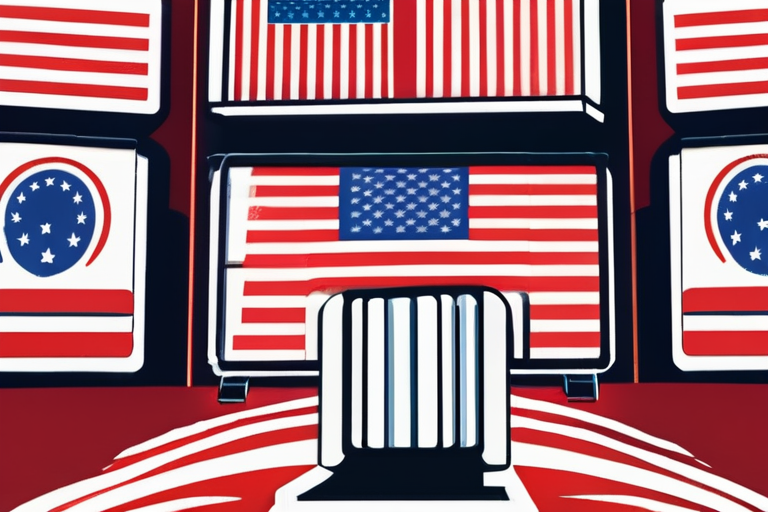

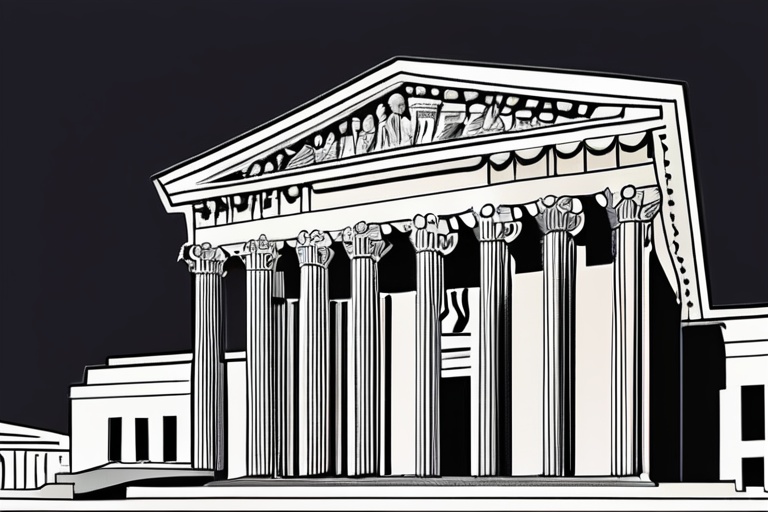

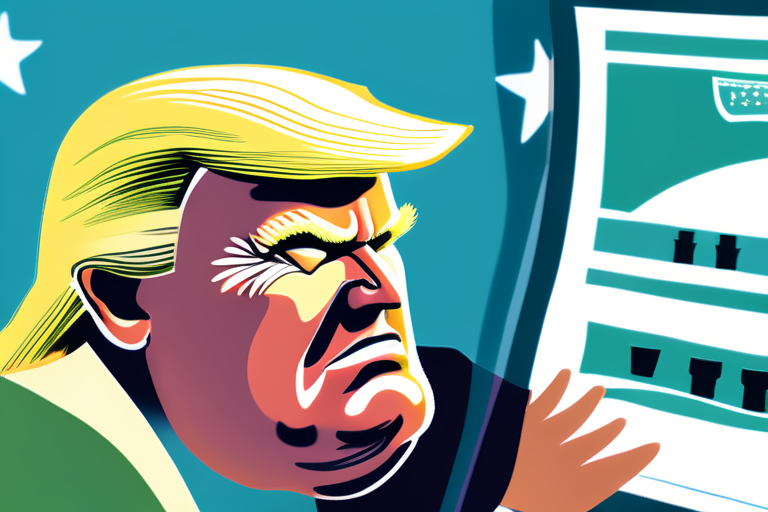
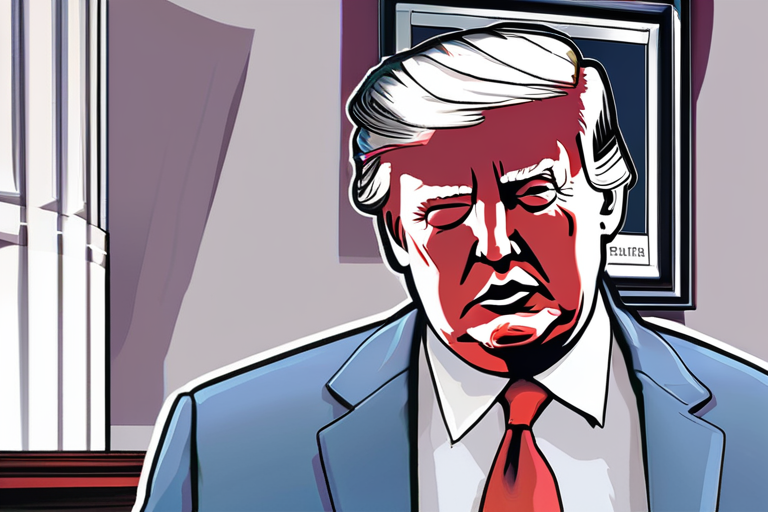
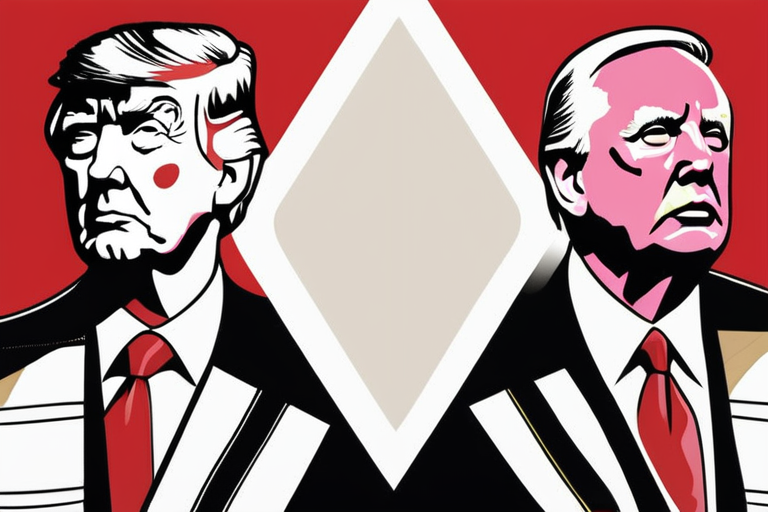


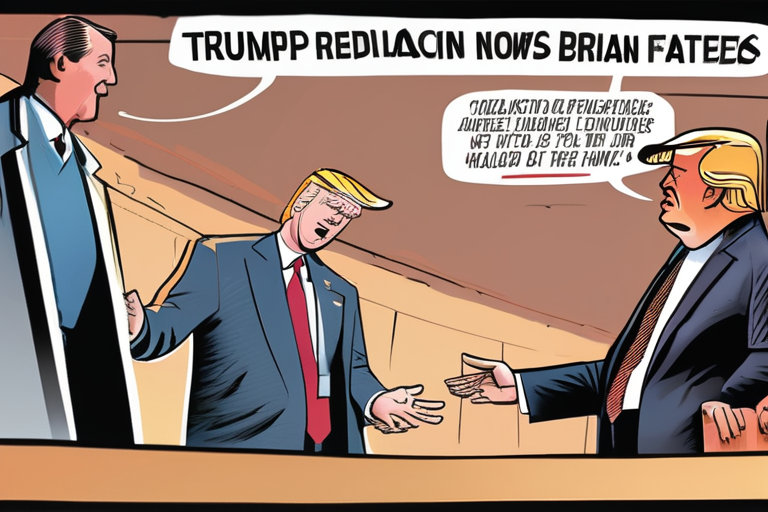
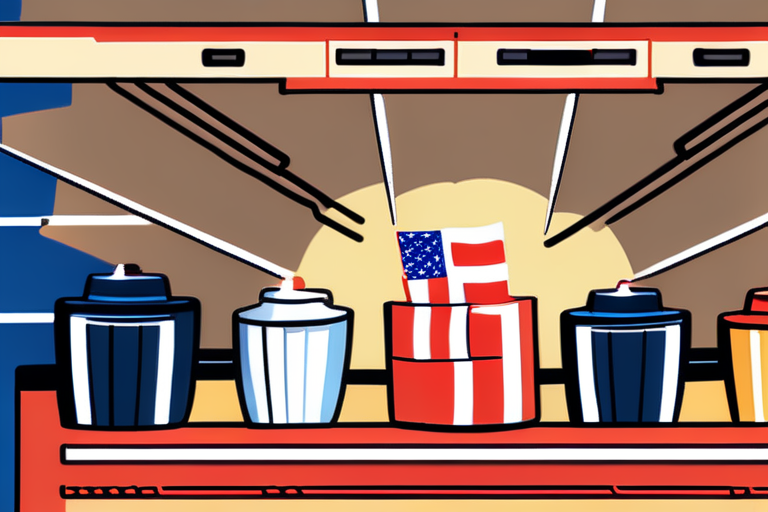
Share & Engage Share
Share this article